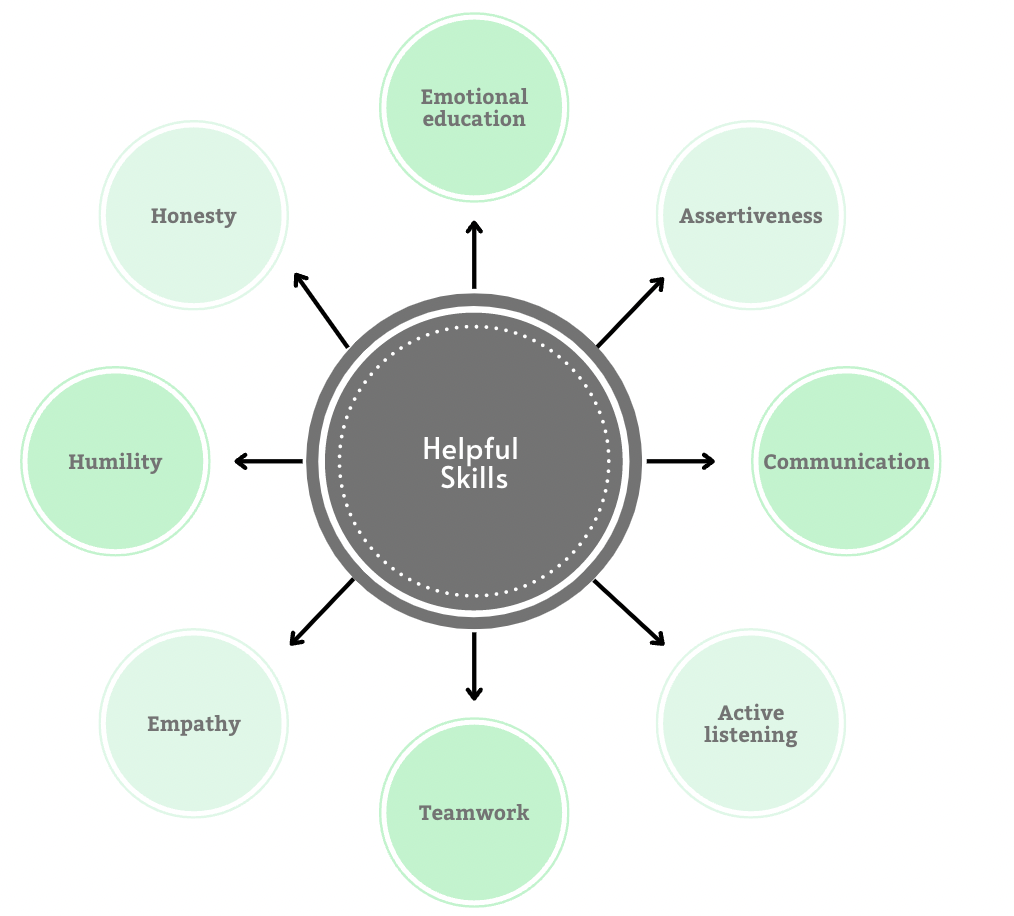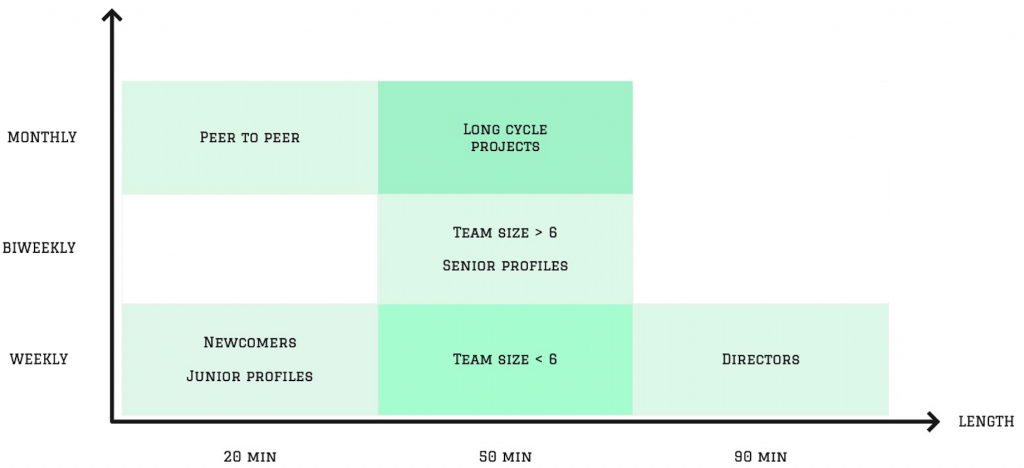Until recently, I thought about leadership in a purely professional context. However, upon reflection, I have always been a team player when taking leadership roles; while playing sports, with family, and with friends. I influence people around me in a positive way. I hope you find it beneficial my sharing these experiences and insights with you. This article is directed towards those looking to find a new way to improve their team or any interested. Note that, not only is this managing and team building in a professional context but outside of work as well. This will improve team culture in all aspects.
There are some in IT who assume that it is not worth investing time and effort into 1on1 meetings. My experience convinces me 1on1 meetings are absolutely essential and will lead to significant benefits and growth for both you and your team members. Not only that, it is beneficial for the company as well, and here is why.
First, 1on1 meetings create a human connection. Everyone has a life outside of work. That outside life can and does affect one’s professional life. Connecting with your team members on a personal level can create a more personalized interaction and holistic approach to management.
Another purpose of these meetings is to have a regular opportunity to speak privately. Plan a shared agenda with the team member and prepare together what will be discussed during the meeting. For example, explain what you and the company are expecting from them and offer a way to develop it.
“This slot of time is not just for you as a manager. It is for your team member”
Your attitude should be:
“Help me to help you”
Soft skills
When taking on a leadership role or improving soft skills it is important to keep in mind:

Suggested structure of 1on1 meetings
– Start by asking how they are feeling.
– Let the person direct the meeting but challenge their ideas.
– Do not be afraid to say ‘I do not know’. Offer answers only when you are confident of their validity. Promise to do some research and get back to them with the answer. The team will appreciate and gain respect for you using this approach.
– Accept silent periods. Allow them to happen.
– Do not multitask during these meetings. Pay attention to what the other person is saying.
– Help them grow as a person and professional.
– Pay attention and question if someone always says everything is going well because probably something is going wrong.
– Keep a shared but private document with the other person to prepare and use for future meetings.
Schedule 1on1 meetings for the right moment
I prefer to have my 1on1 meetings early morning when I have more energy, there are less interruptions and things are generally calmer.
It is important not to reschedule or cancel these meetings. Consider the other person’s schedule and concerns.
Sometimes unexpected situations happen forcing you to reschedule the meetings with your team. When this occurs, be totally transparent, explain the situation and reschedule to the soonest available date. Let them know they are important and respected.
– Organize 1on1 meetings on the same day and time each week.
– Avoid back-to-back 1on1 meetings. Allow at least 15-30 minutes of break time between them.
Choose the right frequency
Honestly, I do not have a magic formula to determine the frequency, duration, and purpose of these meetings. These factors must be adapted depending on the seniority of your team member.
If a junior member is in your team or a new member has arrived, you probably will need frequent contact for a shorter time. On the other hand, you could have fewer and longer meetings with those who are senior.
An example is as follows:

I encourage you to experiment and see what works best for you. I am just sharing my opinion and experiences.
Lastly
Some positive points to highlight about 1on1 meetings:
– Build trust.
– Learn from team members.
– Avoid loss of talent by identifying when someone is not happy at work.
– Help with personal concerns affecting work.
– Identify conflicts between team members or the company.
– Identify a lack of motivation and search for a solution together.
– Get feedback about you as a manager and team member.
To conclude, 1on1 meetings are important for yourself and your team members. The meetings should be seen as an agreement between both of you to consider new ideas, face problems, celebrate successes, and grow both professionally and personally.
Recommended Reading
The Manager’s Path: A Guide for Tech Leaders Navigating Growth and Change
If it is not right, do not do it: if it is not true, do not say it.
[For let thy efforts be—] Marcus Aurelius